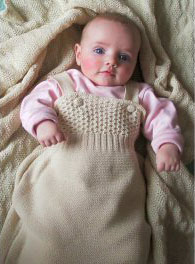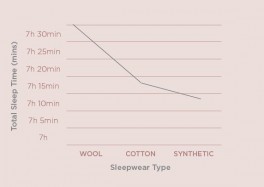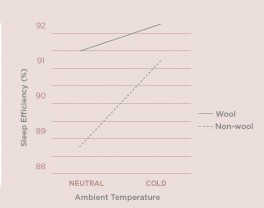Merino wool is 20,000 times bendier than cotton
Wool is insulating and breathable
Merino wool is both moisture-wicking and absorbent
Merino wool is a very fine kind of wool so it does all this and more, with fibres so fine that they bend easily and so don’t scratch, preventing the itchiness traditionally associated with wool.
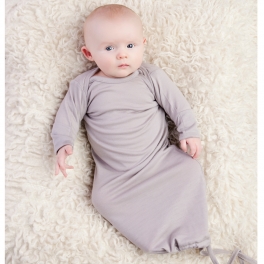
Wool is proven to help sleep
So I wasn't surprised that a new study shows Merino wool beats both polyester and cotton for sleep quality. The study, by the University of Sydney in Australia, also shows that wool bed clothes help us sleep even when its hot!
Participants who slept in wool bedding and clothes fell asleep quicker, slept more efficiently and slept longer than those in cotton or synthetics as you can see from the graph below.
In all temperatures, sleeping in wool also results in higher “sleep efficiency” than cotton or synthetics. This is a measure of how long you’re actually asleep when you’re in bed trying to be asleep – and so takes into account how easily you fall asleep, how restful your night is and so on.
It’s not really surprising, as sheep have developed fleeces that keep them warm in freezing winters but cool in scorching summers so wool is designed to work with the body and keep skin and body comfortable at all times. What is surprising is that as a culture we have been so taken away by synthetics and plant-based cotton.
Now I know my family and I are all wearing a natural high-performance fabric – and yet joining ancient tribes in doing so. Ancient Britons wore finely woven wool, and Bedouins have worn wool to keep them cool in the sun and warm in chilly desert nights for centuries.
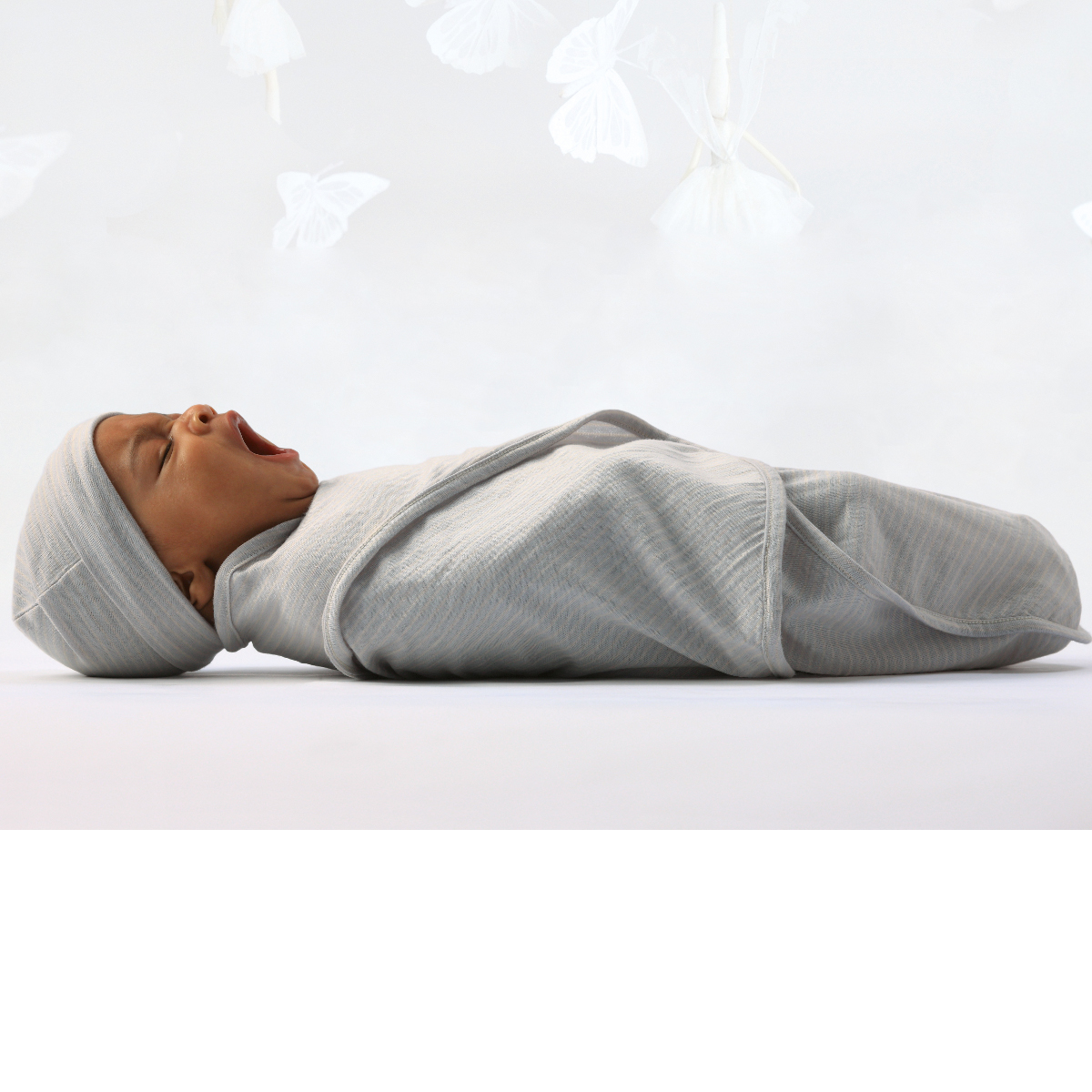
In our temperate climate, wool works just as well, and now I know when I put my children in fine Merino wool pyjamas and wool sleeping bags, I’m part of a great world-wide tradition – and I’m helping them sleep.
~~~~ ~~~~~~ ~~~~
Tags: Merino wool, research, sleep, sleeping, wool, wool helps babies sleep, wool helps sleep, wool pyjamas





